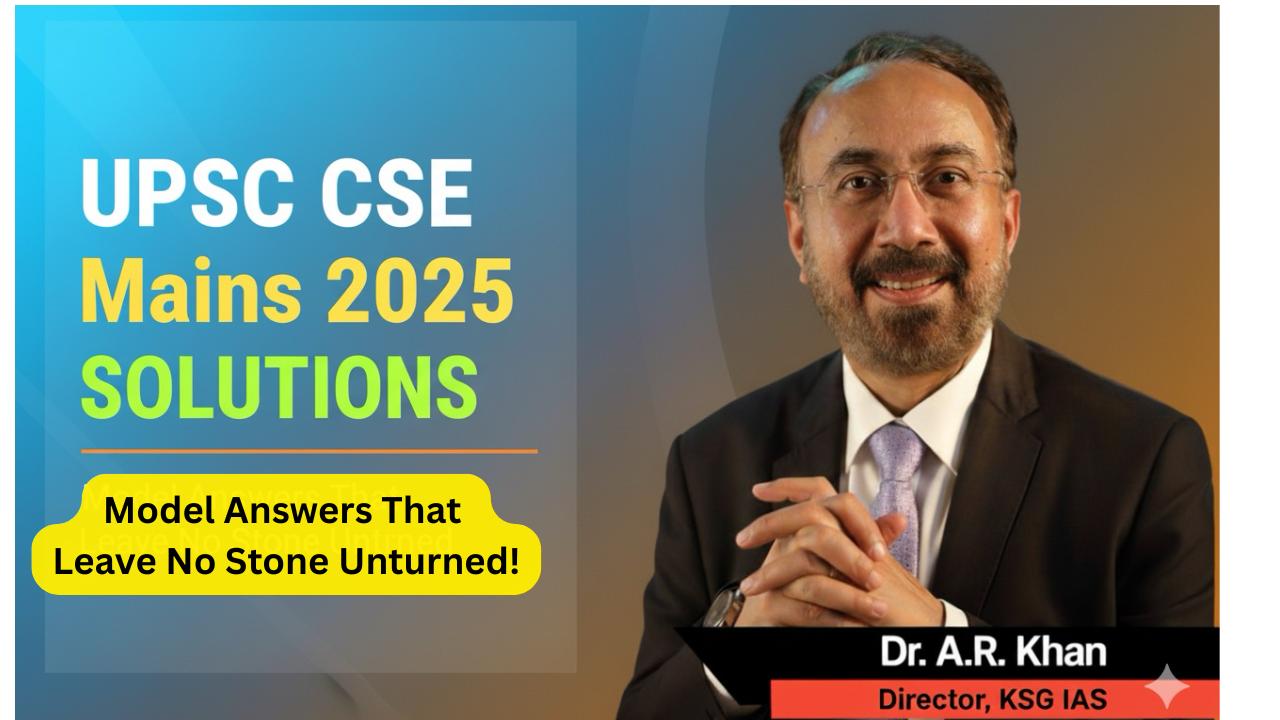Q12. Ashok is Divisional Commissioner of one of the border districts of the North East State. A few years back, Military has taken over the neighbouring country after overthrowing the elected civil government. Civil war situation is prevailing in the country especially in last two years. However, internal situation further deteriorated due to rebel groups taking over control of certain populated areas near own border. Due to intense fight between military and rebel groups, civilian casualties has increased manifold in recent past. In the meantime, in one night Ashok got information from the local police guarding the border check post that there are about 200-250 people mainly women and children trying to cross over to our side of the border. There are also about 10 soldiers with their weapons in military uniform part of this group who wants to cross over. Women and Children are also crying and begging for help. A few of them are injured and bleeding profusely need immediate medical care. Ashok tried to contact Home Secretary of the State but failed to do so due to poor connectivity mainly due to inclement weather.
(a) What are the options available with Ashok to cope with the situation?
(b) What are the ethical and legal dilemmas being faced by Ashok?
(c) Which of the options, do you think would be more appropriate for Ashok to adopt and why?
(d) In the present situation, what are the extra precautionary measures to be taken by the Border Guarding Police in dealing with soldiers in uniform?
(Answer in 250 words) 20
Answer Intro- The given case reflects a border security plus humanitarian crisis situation, where Ashok is placed at the centre of decision making being the DC. Here Ashok has to fulfil his professional duties, humanitarian duties as well as ensure the protection of his country’s territorial border and security.
(a) Options available with Ashok
- Allow all to enter without screening, prioritising humanitarian duty and trusting the people in need of help.
- Deny entry to everyone to maintain national security and sovereignty.
- Allow entry to civilians only while detaining/screening armed soldiers separately.
- Contact Army/paramilitary, district SP, home secretary and officials from MHA for immediate assistance and guidance and wait till any help or guidance is received before taking any action.
- Provide temporary medical and humanitarian relief at border itself until higher authorities respond. Disarm the soldiers and ensure that they have anything in their possession that can compromise security of others.
(b) Ethical and legal dilemmas
- Humanitarian vs. National Security: Protecting vulnerable women and children vs. preventing infiltration of armed soldiers.
- Human Rights vs. Sovereignty: Right to life (Article 21, UDHR, UN Refugee Convention) vs. duty to safeguard national borders.
- Rule of Law vs. Empathy: Entry of armed foreign soldiers may breach national security laws, but denying help to bleeding civilians violates moral duty.
- Legal Dilemma over status of refugees: The situation involves possible future refugee crisis and recognition of their rights. Citizenship is a federal function as per the Union List and Ashok should not decide fully without the directions from MHA/ Union in this matter.
- Equality vs. Discrimination: Balancing differential treatment between civilians and combatants.
(c) Most appropriate option would be Option 5 for providing relief at the border itself. Civilians especially women and children need to be given immediate medical support. It does not matter whether they are citizens of our own country or belong to a foreign territory, they need to be attended on humanitarian grounds.
Armed soldiers must be disarmed and ensured that they do not pose any security threat to the country. If they require any medical attention, that should also be provided.
All such help being extended by Ashok and his team would ensure basic needs of the people in distress are met. Also since everything would be done at the border, not allowing these people to enter inside the country territory would ensure that the next step is taken in collaboration with the Home Secretary and MHA to avoid any imminent refugee related crisis. This would also avoid any potential issues with the country from where these people have fled from.
The endeavour should be to ensure basic attention to people without bringing the national security under threat.
This ensures compassion without compromising sovereignty.
(d) Extra precautions by border police for soldiers in uniform
- Immediate disarming of all personnel before entry.
- Screening & identity verification with intelligence agencies to ensure that they don’t possess any known threat to the country.
- Segregated sheltering away from civilians to avoid coercion.
- Medical aid under supervision while restricting movement.
- Strict documentation of arms seized and individuals detained.

